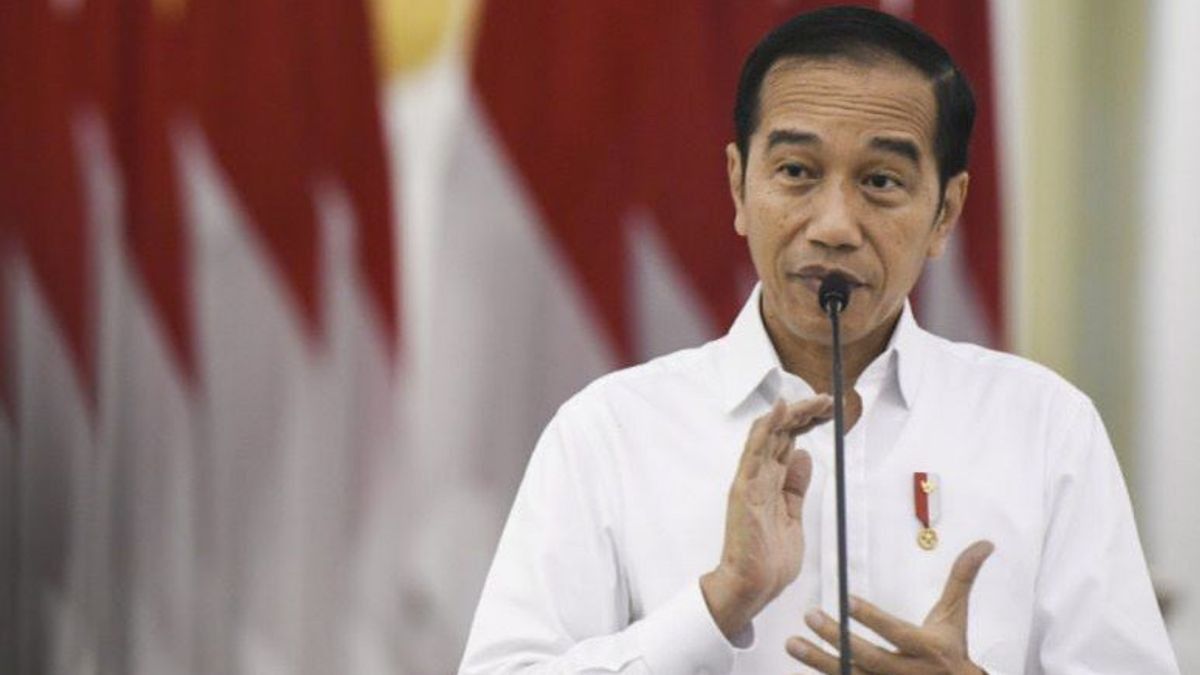JAKARTA - Director of the Center of Economic and Law Studies (Celios), Bhima Yudistira, assesses that meeting domestic needs does not need to involve a ban on exports of crude palm oil (CPO). Bhima said that the policy of banning CPO exports would actually lead to revenge actions from other countries.
Furthermore, Bhima said that Indonesia would actually get protests from potential buyers abroad. For example, India, China, and Pakistan will respond because they are the biggest CPO importers and feel disadvantaged by this policy.
"Manufacturing production costs and the prices of consumer goods in the three countries will rise significantly and Indonesia will be blamed. In the worst case, retaliation or retaliation can occur, namely, the country that feels disadvantaged stops sending raw materials needed by Indonesia. That is fatal", he told VOI, Sunday, April 24.
On the other hand, according to Bhima, the export ban will also benefit Malaysia as a competitor for Indonesian CPO as well as other countries that produce alternative vegetable oils such as soybean oil, rapeseed oil, and sunflower oil, namely the US and countries in Europe.
Furthermore, according to Bhima, what the government should do is restore the domestic market obligation (DMO) and crude palm oil (CPO) policies of 20 percent.
SEE ALSO:
"Yesterday when there was a DMO, the issue was about producer compliance which resulted in a gratification scandal. The supply of 20 percent of total CPO exports for cooking oil needs is more than sufficient. The estimated annual CPO production is 50 million tons, while the use for cooking oil is only 5-6 million tons or 10 percent of it. Where will the rest be distributed if you stop exporting?", he explained.
Therefore, Bhima considered that the government's move was not appropriate if a total export ban was carried out. Because so far the problem is on the side of producers and distributors whose supervision is weak.
"Will the price of cooking oil go down? Not necessarily that the price will automatically fall if it is not accompanied by the HET policy on packaged cooking oil. Producers can also reduce cooking oil production capacity due to reduced demand. Those who suffer from FFB (fresh fruit bunches) prices at the farmer level will drop", he said
Bhima said that for one month, March 2022, CPO exports were worth 3 billion US dollars. So it is estimated that in May, if the assumption is that the export ban is valid for one full month, a foreign exchange loss of US$3 billion equivalent to Rp.43 trillion will occur and that figure is equivalent to 12 percent of total non-oil exports.
"This can disrupt the stability of the rupiah, as well as foreign exchange exports, are disrupted. Please, Mr. Jokowi, rethink this non-solutional policy. Mr. Jokowi's prompting is also not to give misleading policy advice", he said.
The English, Chinese, Japanese, Arabic, and French versions are automatically generated by the AI. So there may still be inaccuracies in translating, please always see Indonesian as our main language. (system supported by DigitalSiber.id)
















